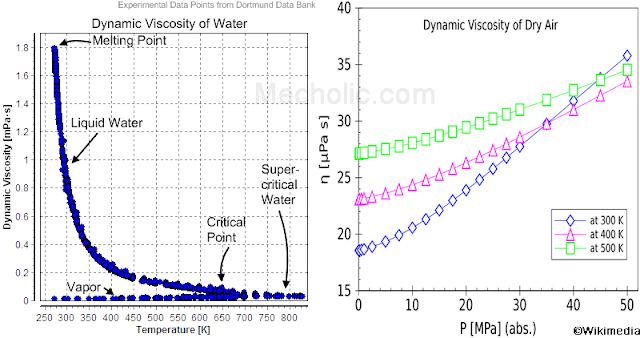
Although this viscosity will change with temperature, it does not change with the strain rate. Newtonian fluids can be characterized by a single coefficient of viscosity for a specific temperature. It applies to substances that have a complex microstructure, such as muds, sludges, suspensions, polymers and other glass formers (e.g., silicates), as well as many foods and additives, bodily fluids (e.g., blood) and other biological materials, and to other materials that belong to the class of soft matter such as food. The term was inspired by the aphorism of Heraclitus (often mistakenly attributed to Simplicius), panta rhei ( πάντα ῥεῖ, 'everything flows' ) and was first used to describe the flow of liquids and the deformation of solids. Bingham, a professor at Lafayette College, in 1920, from a suggestion by a colleague, Markus Reiner. The term rheology was coined by Eugene C. Rheology is a branch of physics, and it is the science that deals with the deformation and flow of materials, both solids and liquids. Determine the flow curve for a non Newtonian liquid (chocolate).Rheology ( / r iː ˈ ɒ l ə dʒ i/ from Greek ῥέω (rhéō) 'flow', and -λoγία (-logia) 'study of') is the study of the flow of matter, primarily in a fluid ( liquid or gas) state, but also as "soft solids" or solids under conditions in which they respond with plastic flow rather than deforming elastically in response to an applied force.Investigate the temperature dependence of the viscosity of Castor oil and glycerine.


The viscosity of the liquid generates a moment of rotation at the cylinder which can be measured with the aid of the torsion of the spiral spring and read on a scale. The viscosity of liquids can be determined with a rotation viscometer, in which a motor with variable rotation speed drives a cylinder immersed in the liquid to be investigated with a spiral spring.


 0 kommentar(er)
0 kommentar(er)
